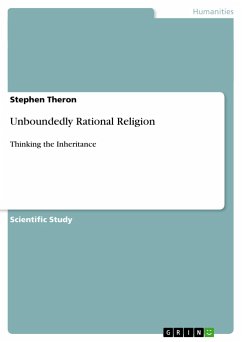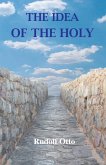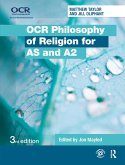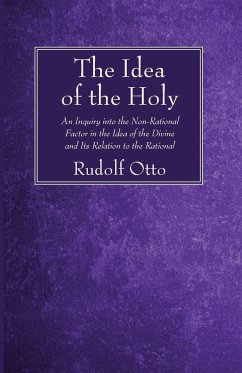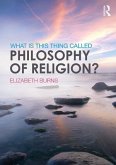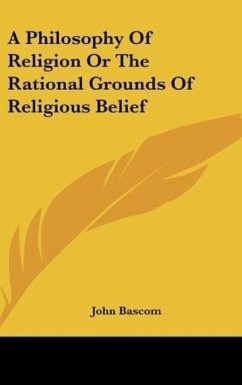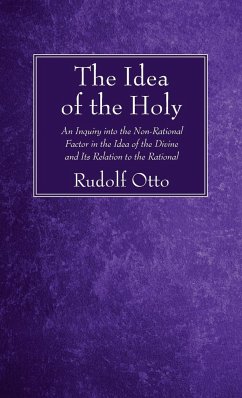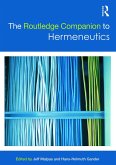Scientific Study from the year 2007 in the subject Philosophy - Miscellaneous, grade: "-", , language: English, abstract: An introductory chapter loads the scales in favour of an idealist approach in quasi-Quineansense, in that being is called in question, as it is throughout the book. After a chapter revisingthe best expositions of faith as a possibly rational attitude the Christian discovery or intuitionof intra-divine events or processes, held compatible with divine infinity and immutability, istreated under the rubric of a Trinitarian philosophy. This leads to analysis of notions of being(identity in difference) and, above all, of creation, viewing this as freed from the historicdualism which has contradicted the necessary infinity of the first principle. Creation is notthereby denied but seen as truly a constituent of the divine life. The picture is thus monistic,which is to say scientific as presenting a holistic system or way of seeing things absolutely orbeyond appearancemerely.The consequences for human metaphysical and moral nature are rigorously drawn, freed fromall anthropomorphisms so as better to illuminate the insights of religion and philosophy. Therelevance for contemporary movements from palaeontology to Church ecumenism is broughtout, while a concluding epilogue attempts to shed light on the vexed debate on Europe inrelation to the Christian inheritance. Other concluding chapters treat of both sacramentalreligion and of dialectic as the method of reason, whether in theology or in the world. For theworld without the reason is not an object of thought, any more than you can wash the furwithout wetting it, in G. Frege's words.[...]
Hinweis: Dieser Artikel kann nur an eine deutsche Lieferadresse ausgeliefert werden.
Hinweis: Dieser Artikel kann nur an eine deutsche Lieferadresse ausgeliefert werden.

